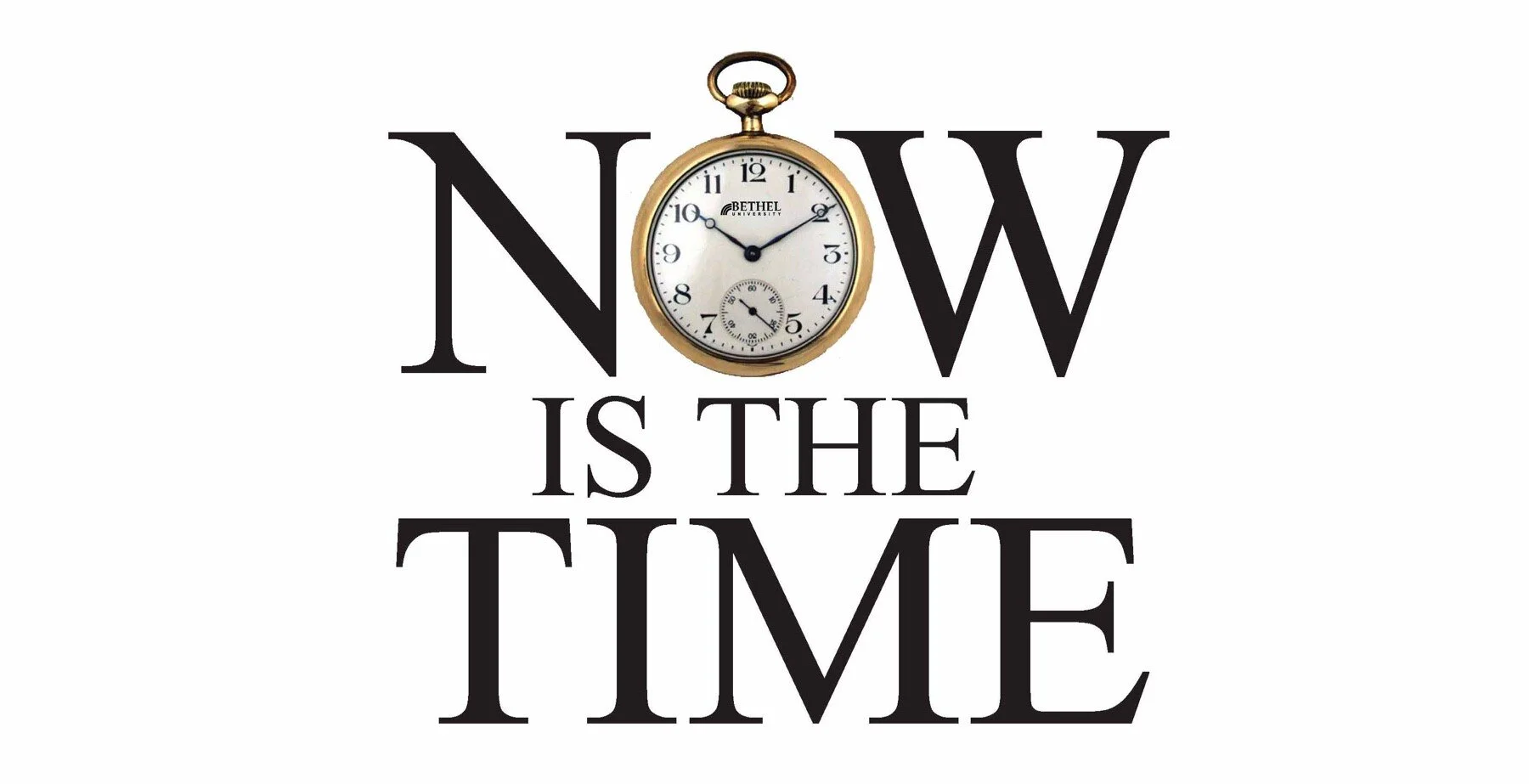Phrasal Verbs - Separable vs Inseparable
Topic: Separable and Inseparable Phrasal Verbs
Skills: Grammar, Writing
English Level: B2 + (Upper Intermediate)
Phrasal verbs are difficult because you can’t learn the meaning of each phrasal verb from the words alone - you’ll need to be familiar with them and have context. Also, many phrasal verbs are very similar (take up, take on, take in, take over, etc.) and a number of phrasal verbs have multiple meanings….ugh?!?!?! Moreover, phrasal verbs are more similar to vocabulary than to an English verb structure with rules and clues (there’s no “rule” for looking at a phrasal verb and knowing what type it is!). The best way is just to study each phrasal verb in context with lots of examples.
Phrasal verbs are phrases that combine a verb with a preposition or adverb. See the examples below.
Take off (phrasal verb)
Take is the verb, and off is the preposition. When you combine these two words, you get a phrasal verb that has a new meaning.
“Sonji really should use his vacation days and take off, the 9 - 5 grind is really starting to stress him out.”
Play along (phrasal verb)
Play is the verb, and along is the adverb. When you combine these two words, you get a phrasal verb that has a new meaning.
“She truly disliked working with Megan but she had to play along and be polite so that they could finish the project on time.”
Intransitive Phrasal Verbs
Intransitive phrasal verbs have no direct object. (A direct object is “acted upon” by the verb).
Examples of intransitive phrasal verbs:
You can come over to my house after school.
He’s going back to Russia next month.
Transitive Phrasal Verbs
Transitive phrasal verbs have a direct object.
Examples of transitive phrasal verbs (direct object is italicized):
You need to fill out this form to register for the course.
(fill out = complete)I’m going to cut down on fast food this year.
(cut down on = reduce)Check out that website – it’s really great!
(check out = look at, go to)
Separable & Inseparable Phrasal Verbs
Transitive phrasal verbs can be separable or inseparable. If a phrasal verb is separable, it means you can separate the two words and put the direct object in the middle. If it is inseparable, then you can’t do this.
Separable Phrasal Verb Example: TURN OFF
Please turn off the TV.
Please turn the TV off.
Inseparable Phrasal Verb Example: LOOK AFTER
I’ll look after your dog while you’re on vacation.
I’ll look your dog after while you’re on vacation – INCORRECT
Word Order For Separable Phrasal Verbs
When the direct object is the specific name of a thing or person, it can be located after the phrasal verb or in the middle:
I threw away the old pizza.
= I threw the old pizza away.
However, when the direct object is a pronoun (me, you, him, her, us, them, it), then it MUST go in the middle:
I threw it away.
I threw away it. – INCORRECT
Here’s an example with a person:
They’ll pick up John from the airport.
= They’ll pick John up from the airport.
= They’ll pick him up from the airport.
They’ll pick up him from the airport. – INCORRECT
Homework Instructions
Read the following phrasal verbs and determine if they are separable or inseparable.
Write a sentence using each phrasal verb.
Kick out
Put up with
Run across
Make up
Drop out
Hand in
Give back
Put back
Throw up
Get out of
Call off
Pitch in
Settle in
Touch down
Bring up
Bounce back
Write out your answers and send them to your Speak English NYC teacher at peyton@SpeakEnglishNYC.com / michelle@speakenglishnyc.com
Remember - phrasal verbs can be separable and inseparable
Another example of a separable phrasal verb is, “Call up.” You can add a word in between these words, such as, “Call him up.”
An example of an inseparable phrasal verb is “Go over.” It wouldn’t make sense to add a word in between these two words.
Adapted from https://web2.uvcs.uvic.ca/courses/elc/Sample/Advanced/gs/gs_04.htm
https://advancegrammar.blogspot.com/2009/08/phrasal-verbs-with-verb-adverb.html and https://www.espressoenglish.net/phrasal-verbs-in-english/#:~:text=If%20a%20phrasal%20verb%20is,you%20can't%20do%20this.
Answer Key:
Kick out - separable
Put up with - inseparable
Run across - inseparable
Make up - separable
Drop out - inseparable
Hand in - separable
Give back - separable
Put back - separable
Throw up - inseparable
Get out of - inseparable
Call off - separable
Pitch in - inseparable
Settle in - inseparable
Touch down - inseparable
Bring up - separable
Bounce back - inseparable





